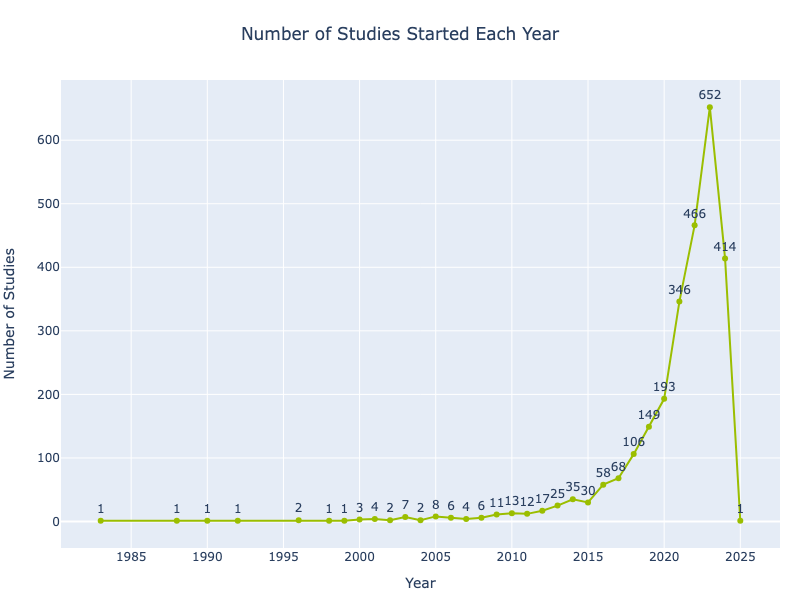Congestive heart failure (CHF), also known simply as heart failure, is a chronic condition where the heart struggles to pump blood efficiently. This leads to a buildup of fluid in various parts of the body, causing symptoms like shortness of breath, fatigue, and swelling. But what causes the heart to weaken or lose its pumping ability? Let’s explore the primary causes of CHF and understand how these factors contribute to the development of this condition.

1. Coronary Artery Disease (CAD)
Coronary artery disease (CAD) is the leading cause of congestive heart failure. CAD occurs when the arteries supplying blood to the heart become narrowed or blocked due to the buildup of plaque. Plaque is made of cholesterol, fatty substances, and other materials. When the arteries are narrowed, the heart muscle doesn’t get enough oxygen-rich blood, leading to damage or weakening over time, which can result in heart failure.
How CAD Causes CHF:
- Reduced blood flow leads to oxygen deprivation in the heart muscle.
- Chronic oxygen deficiency weakens the heart’s ability to pump effectively.
2. High Blood Pressure (Hypertension)
High blood pressure (hypertension) forces the heart to work harder to pump blood throughout the body. Over time, this extra effort causes the heart muscle to become thickened (hypertrophy), stiff, or weakened, reducing its ability to pump blood efficiently.
How High Blood Pressure Causes CHF:
- Increased pressure in the arteries makes the heart work harder.
- Over time, the heart can become enlarged or too weak to maintain adequate blood flow.
3. Heart Attack (Myocardial Infarction)
A heart attack occurs when a coronary artery becomes completely blocked, cutting off the supply of blood to a part of the heart muscle. The affected part of the heart muscle becomes damaged or dies, leaving scar tissue behind. Scar tissue doesn’t contract or pump blood like healthy heart tissue, which weakens the heart’s overall ability to pump.
How Heart Attacks Cause CHF:
- Scar tissue from a heart attack reduces the heart’s pumping capacity.
- If a significant portion of the heart is damaged, it can lead to heart failure.
4. Cardiomyopathy
Cardiomyopathy refers to diseases that affect the heart muscle itself, making it harder for the heart to pump blood. This condition can be caused by genetic factors, infections, alcohol or drug abuse, and certain chemotherapy medications.
Types of Cardiomyopathy Leading to CHF:
- Dilated Cardiomyopathy: The heart becomes enlarged and weakened.
- Hypertrophic Cardiomyopathy: The heart muscle becomes abnormally thick, reducing its ability to pump blood.
- Restrictive Cardiomyopathy: The heart becomes stiff, limiting its ability to fill with blood properly.
5. Valve Disease
Heart valve disease occurs when one or more of the heart’s valves don’t open or close properly. Valves regulate blood flow through the heart, ensuring that blood flows in the right direction. When valves are damaged or malfunctioning, the heart must work harder to pump blood, which can eventually lead to heart failure.
Types of Valve Problems:
- Stenosis: The valve doesn’t open fully, restricting blood flow.
- Regurgitation: The valve doesn’t close properly, causing blood to leak backward.
6. Arrhythmias (Irregular Heartbeats)
Arrhythmias are abnormal heart rhythms that can either cause the heart to beat too fast or too slow. When the heart beats too fast, it may not have enough time to fill with blood between beats. When it beats too slowly, the heart may not pump enough blood to meet the body’s needs. Both situations can weaken the heart over time and lead to CHF.
How Arrhythmias Cause CHF:
- Fast heart rhythms can weaken the heart by overworking it.
- Slow heart rhythms can prevent the heart from supplying enough blood to the body.
7. Congenital Heart Defects
Some individuals are born with congenital heart defects, which are structural problems in the heart that can affect how blood flows through the heart and body. These defects can strain the heart and eventually lead to heart failure, especially if not corrected early.
How Congenital Defects Cause CHF:
- Abnormal heart structures may force the heart to work harder to pump blood.
- Over time, the heart may weaken or become damaged due to the extra strain.
8. Diabetes
Diabetes is a major risk factor for developing heart failure. High blood sugar levels can damage blood vessels and the heart over time. People with diabetes often have high blood pressure, obesity, and high cholesterol, all of which increase the risk of heart failure.
How Diabetes Causes CHF:
- High blood sugar levels damage blood vessels and increase the risk of coronary artery disease.
- People with diabetes are more likely to have other conditions that contribute to heart failure.
9. Lung Diseases
Chronic lung diseases such as chronic obstructive pulmonary disease (COPD) or pulmonary hypertension can also lead to heart failure. When the lungs are diseased, the heart must work harder to pump blood through the lungs, leading to strain on the right side of the heart (right-sided heart failure).
How Lung Diseases Cause CHF:
- Increased pressure in the lungs forces the right side of the heart to work harder.
- Over time, the right side of the heart may weaken and fail to pump effectively.
10. Obesity
Obesity puts extra strain on the heart, requiring it to work harder to pump blood throughout a larger body. Additionally, obesity is often associated with other heart failure risk factors, including high blood pressure, diabetes, and sleep apnea, all of which contribute to heart failure.
How Obesity Causes CHF:
- Extra body mass increases the heart’s workload.
- Obesity-related conditions like high blood pressure and diabetes further strain the heart.
Conclusion
Congestive heart failure can result from various underlying conditions, many of which directly affect the heart or blood vessels. Recognizing and managing these causes early on is essential in preventing or slowing the progression of heart failure. If you have any of the risk factors mentioned above, talk to your doctor about strategies to protect your heart and reduce the chances of developing CHF.